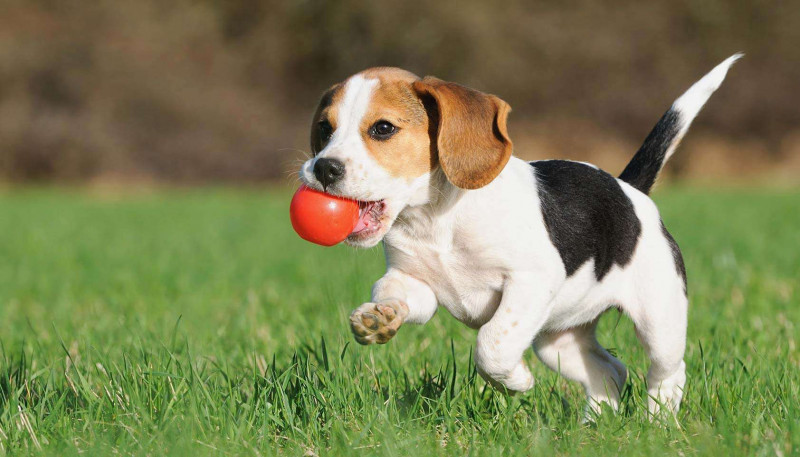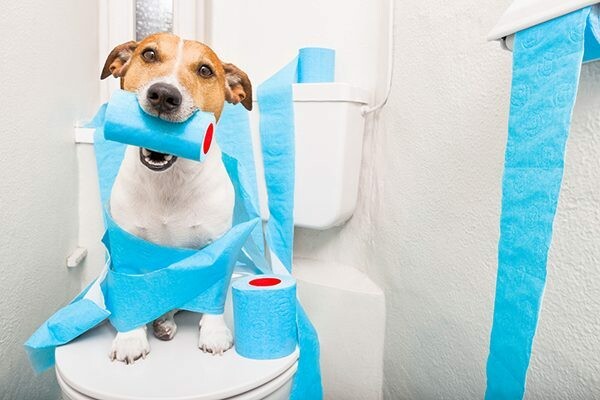Tips for Training Your Puppy or Kitten: A Comprehensive Guide

- Updated
- Requirements Android -
- Genre Pets Training
Introduction
Welcome to this comprehensive guide on tips for training your puppy or kitten. Bringing a new furry friend into your home is an exciting and rewarding experience. However, it also comes with responsibilities, including training your pet to become a well-behaved and obedient companion. In this article, we will provide you with valuable insights, expert tips, and practical advice to ensure a successful training journey for your new puppy or kitten.
Tips for Training Your Puppy or Kitten
Training your puppy or kitten requires patience, consistency, and positive reinforcement. Here are some essential tips to help you navigate the training process:
1. Start Early
Begin training your puppy or kitten as soon as you bring them home. Young animals have a natural ability to learn and adapt quickly, making it an ideal time to establish good habits and behaviors. By starting early, you set the foundation for a well-behaved pet.
2. Establish a Routine
Creating a consistent routine is crucial for effective training. Set specific times for feeding, playtime, bathroom breaks, and training sessions. Animals thrive on routine and will quickly learn what is expected of them when the schedule is consistent.
3. Use Positive Reinforcement
Positive reinforcement is a powerful tool in training your puppy or kitten. Reward good behavior with treats, praise, and affection. This approach encourages your pet to repeat desirable actions, making the training experience more enjoyable for both of you.
4. Be Patient and Consistent
Training takes time, and it’s important to remain patient and consistent throughout the process. Dogs and cats learn through repetition, so reinforce commands and behaviors consistently. Avoid getting frustrated or resorting to punishment, as it can hinder progress and damage the trust between you and your pet.
5. Socialize Your Pet
Early socialization is essential for puppies and kittens to develop good manners and become comfortable in various environments. Introduce them to different people, animals, and situations in a controlled and positive manner. This exposure helps prevent behavioral issues and promotes a well-adjusted pet.
6. Provide Mental Stimulation
Mental stimulation is just as important as physical exercise for your pet’s overall well-being. Use puzzle toys, interactive games, and training exercises that engage their minds. Mental stimulation helps prevent boredom and destructive behaviors, keeping your furry friend happy and content.
7. Use Clear and Simple Commands
When giving commands to your pet, use clear and concise language. Keep the commands simple and avoid lengthy phrases that might confuse them. Use consistent cues for each behavior and reinforce them with positive reinforcement.
8. Practice Patience During House Training
House training can be a challenging aspect of owning a puppy or kitten. Be patient and consistent when teaching them where to eliminate. Take them outside frequently, especially after meals or naps, and reward them when they use the designated area. With time and positive reinforcement, they will learn where it’s appropriate to relieve themselves.
9. Understand Your Pet’s Body Language
Being able to interpret your pet’s body language is vital for effective training. Dogs and cats communicate through subtle cues, such as tail wagging, ear positioning, and facial expressions. Learn to recognize signs of fear, anxiety, or excitement, as it helps you address their needs and adjust your training techniques accordingly.
10. Seek Professional Help if Needed
If you encounter challenges or struggle with certain aspects of training, don’t hesitate to seek professional help. Trainers and behaviorists have the expertise to guide you through specific issues and offer personalized advice for your puppy or kitten’s unique needs.
Frequently Asked Questions
- Q: How long does it take to train a puppy or kitten?
A: The training duration varies depending on the individual animal, consistency of training, and the desired behaviors. Generally, basic obedience training can take several weeks to a few months, while more advanced training may require additional time and practice. - Q: Can you train an older dog or cat?
A: Yes, you can train older dogs and cats. While it may take more time and patience, animals of any age can learn new behaviors and commands. The training process may require adjustments to accommodate any previous habits or experiences. - Q: Is punishment an effective training method?
A: Punishment is generally not recommended as an effective training method. Positive reinforcement and reward-based training have been proven to be more successful and promote a healthier bond between you and your pet. - Q: How often should I train my pet?
A: Regular training sessions are crucial, but the frequency may vary depending on your pet’s age, breed, and attention span. Short and frequent sessions, ideally 10-15 minutes, several times a day, work best for most animals. - Q: Can I train my puppy or kitten without treats?
A: While treats are often used as rewards during training, they are not the only option. Verbal praise, petting, and playtime can also serve as positive reinforcement. Tailor the rewards to your pet’s preferences and adjust as needed. - Q: What if my pet doesn’t respond to training?
A: If your pet doesn’t seem to respond to your training efforts, reassess your methods and consult a professional if necessary. Sometimes, a different approach or technique may be required to address specific challenges.
Conclusion
Training your puppy or kitten is a journey that requires time, dedication, and a whole lot of love. By following these expert tips and being patient with your furry friend, you can lay the groundwork for a well-behaved and happy pet. Remember to start early, use positive reinforcement, and seek professional help when needed. With consistency and a positive mindset, you and your new companion will build a strong bond while enjoying the rewards of a well-trained pet.

No Comments
Comment on